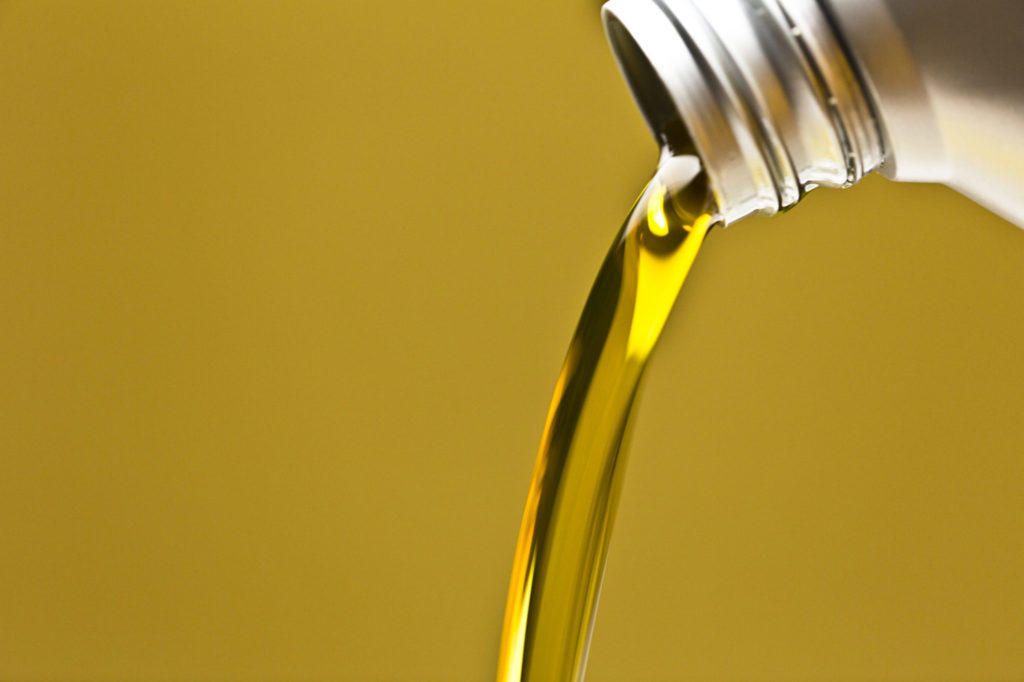New oil category, lower viscosities in the works
There’s a new category of diesel engine oil in your future.
Five years after the trucking industry adopted a pair of oil categories – a backwards-compatible CK-4 formula and the fuel-saving FA-4 – work has officially begun on developing the next generation of oil known as Proposed Category 12 (PC-12).
The first licence should come by Dec. 1, 2026, to help prepare for 2027 on-highway emissions rules from the U.S. Environmental Protection Agency (EPA) and California Air Resources Board (CARB).
Several details have emerged in a notice from Jeffrey Harmening of the American Petroleum Institute (API).

Split categories will remain, with the C subcategory maintaining backwards compatibility, and a new F subcategory replacing FA-4. The F subcategory will not need to be backwards compatible.
The new oil category is being developed to increase oxidation performance, add lower viscosities, improve aftertreatment capabilities, and expand elastomer compatibility, he said.
Teams will also consider testing options since the hardware for T-11 and T-12 tests will not likely be available anymore.
The T-11 engine test simulates high-soot applications like stop-and-go operation of engines with EGR systems, according to the Southwest Research Institute’s fuels and lubricants research division. The T-12 test simulates heavy-duty on-highway turbocharged and intercooled diesel engines with EGR systems.
The new oils could support new engine technologies expected to experience higher brake mean effective pressure, and accommodate regulatory requirements to extend useful life and warranty periods. Other potential benefits include support to improve fuel economy in certain engine models, and support for new elastomers in modern engines.
“Fleets and drivers should expect improved performance of oils which supports the enhanced durability of engines, and aids in meeting regulations. This can result in reduced cost of ownership,” Harmening said.
Potential environmental benefits include limiting sulfated ash, phosphorus and sulfur (SAPS), while longer oil drain intervals may also be possible, he said.
The last oil category updates were introduced in part to address the higher operating temperatures that emerged in the effort to meet tighter greenhouse gas limits.
Have your say
This is a moderated forum. Comments will no longer be published unless they are accompanied by a first and last name and a verifiable email address. (Today's Trucking will not publish or share the email address.) Profane language and content deemed to be libelous, racist, or threatening in nature will not be published under any circumstances.